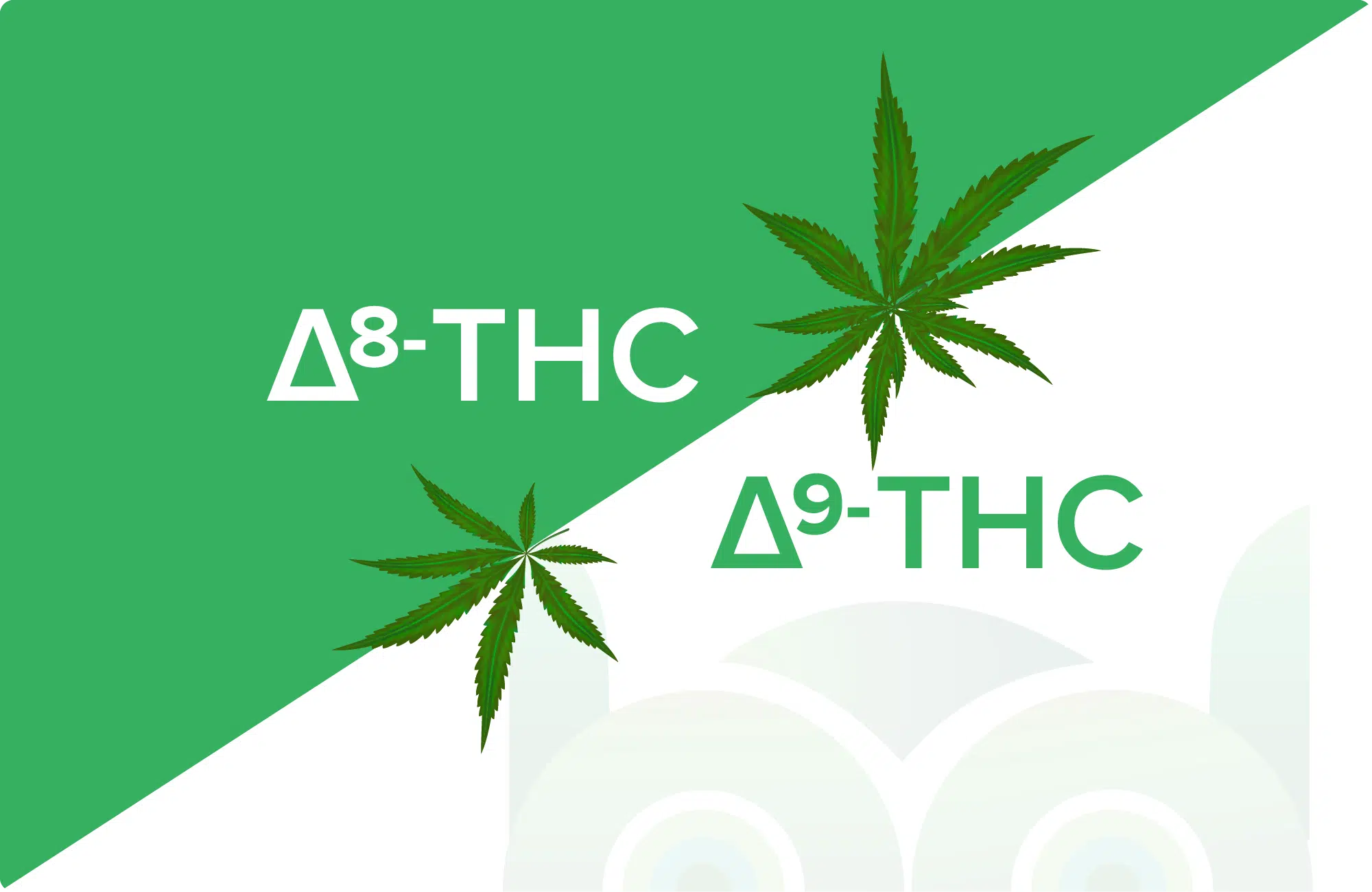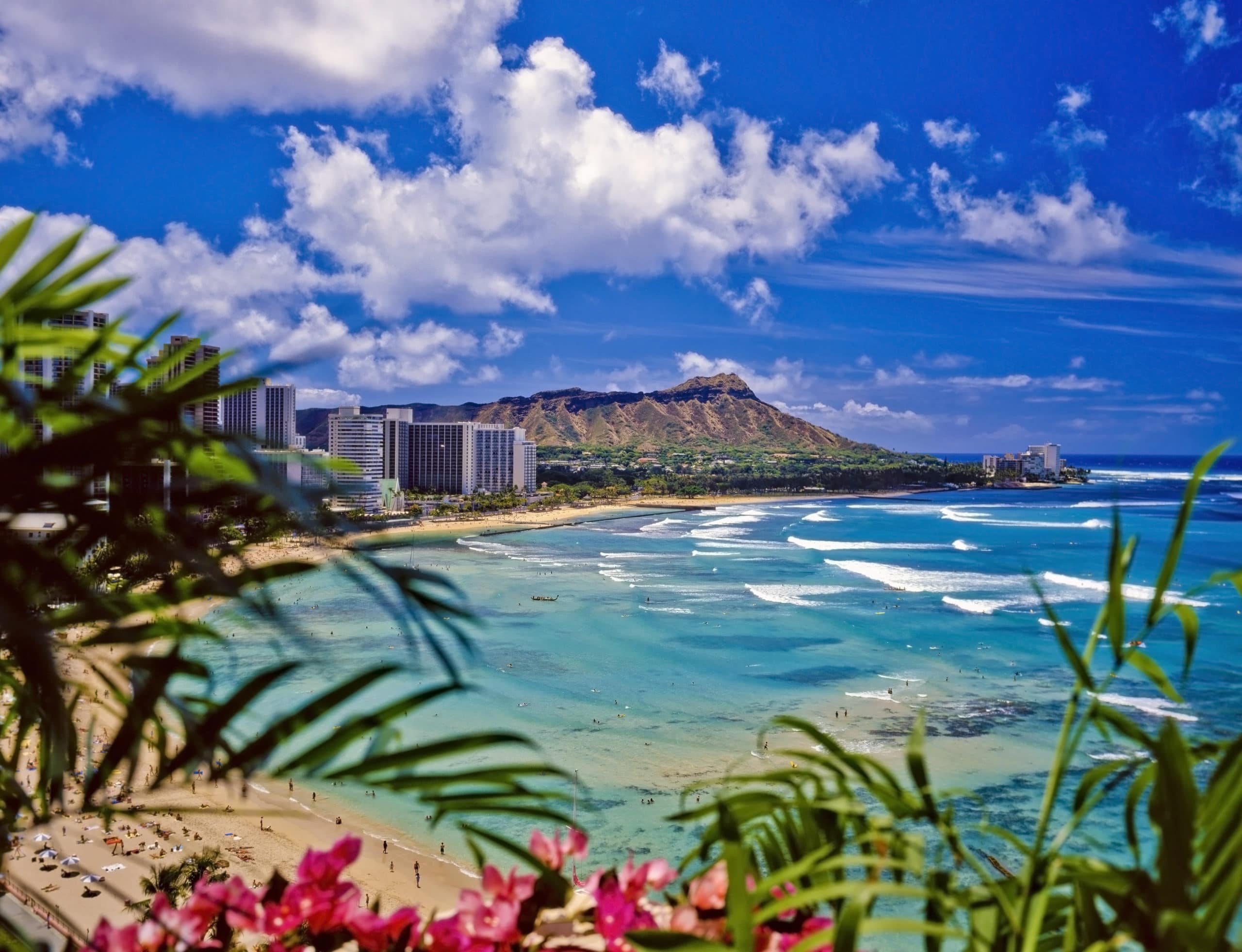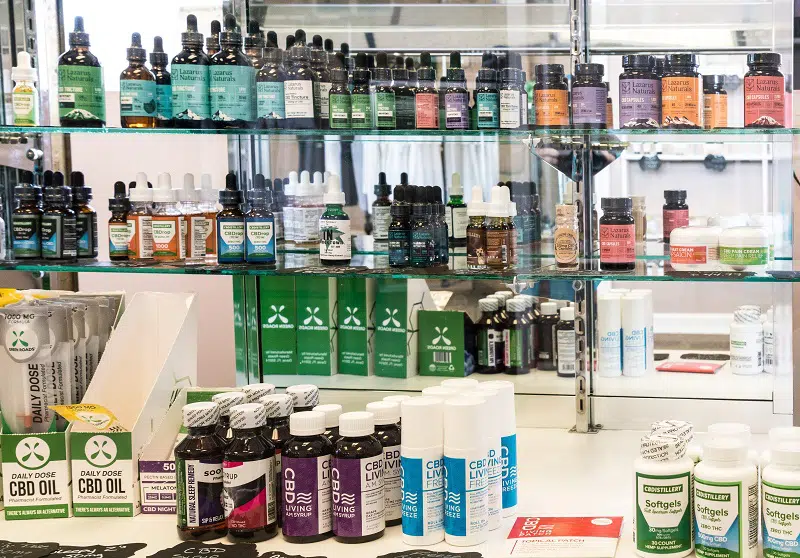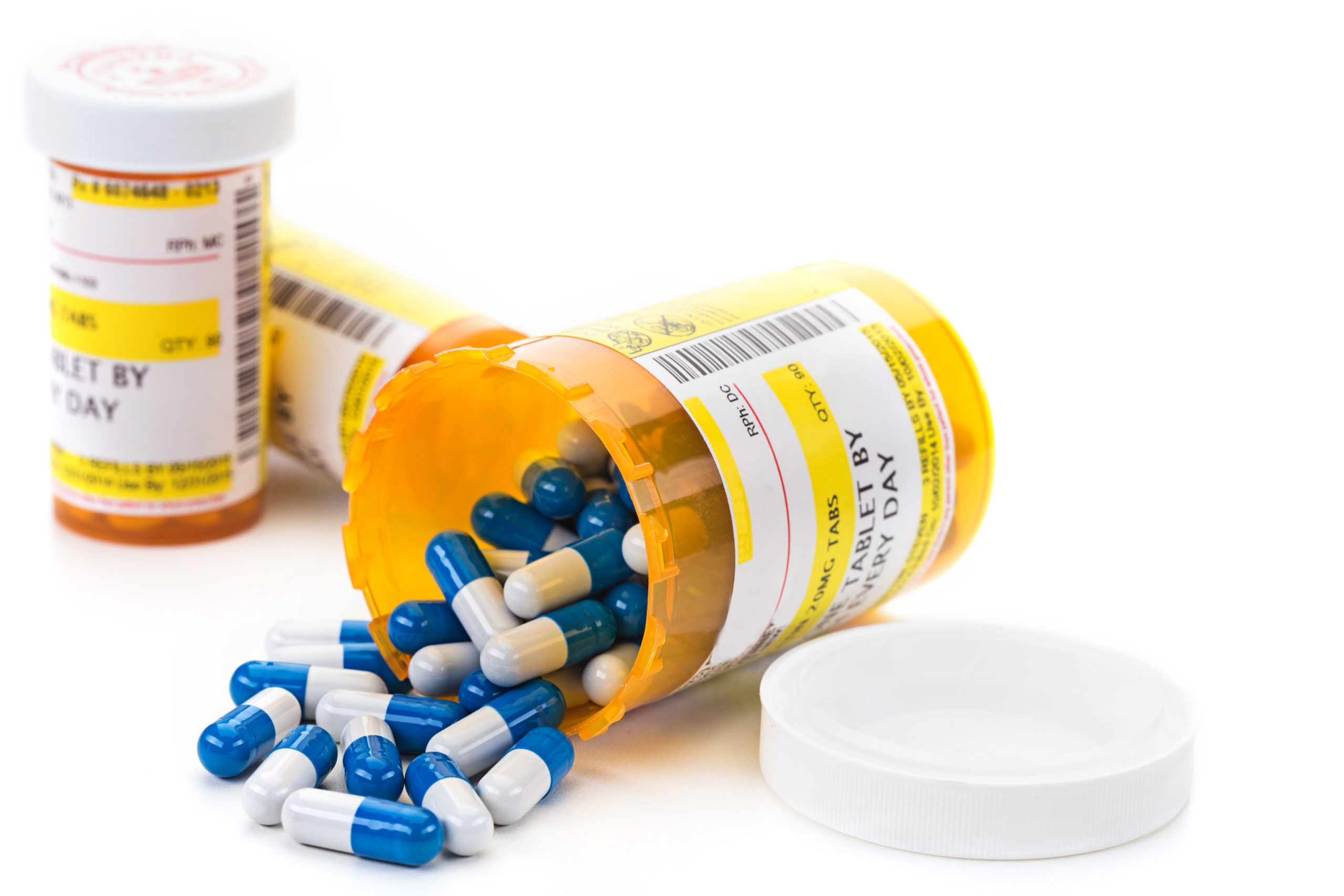-
- Market Research
- |
- CBD Near Me
- |
- Giveaways
- |
- Newsletter
- |
- Contact
- |
- Advertise
- |

Here’s the latest CBD news:
- The nation’s largest CBD expo kicks off their return from the pandemic in Atlanta.
- Zynerba Pharmaceuticals presents results from a sleep study testing their transdermal CBD product, ZYN002.
- A Leafreport investigation points to alarming disparities between actual delta-8/delta-9 THC levels and label claims in delta-8 THC products.
USA CBD Expo Comes to Atlanta
As we announced in April of this year, America’s largest CBD event—USA CBD Expo—came to Atlanta on June 11-13.
The months leading up to the event were marked by an extra layer of tension, thanks to the world’s tentative return from a quarantined state, but the USA CBD Expo team kept a close eye on Atlanta’s pandemic protocols as well as preceding events in the area to prepare their own event properly.
Indeed, the event was a success; according to the USA CBD Expo site, there were more than 90 media partners, 70 speakers, 280 vendors, and 7,000 attendees present throughout the weekend.
When we spoke to USA CBD Expo Marketing Director Nicole Beiner in April, she credited the company’s persistence through the pandemic to the traction they had gained (rather explosively) following their 2017 debut in Medellin, Colombia.
Looking forward, USA CBD Expo will host shows in Chicago (2021), Fort Lauderdale (2022), and again in Colombia (2022).
Zynerba Pharmaceuticals Releases CBD Sleep Study Data
Zynerba Pharmaceuticals, a Pennsylvania-based developer of cannabinoid-based products for patients with “rare or near-rare” neuropsychiatric conditions, released a poster featuring data from their latest sleep study at the 35th Annual Meeting of the Associated Professional Sleep Societies, a virtual meeting that took place on June 10-13.
Entitled “Impact of ZYN002 Cannabidiol Transdermal Gel on Sleep in Children and Adolescents with Developmental and Epileptic Encephalopathies and Comorbid Autism Spectrum Disorder,” the poster provided a synopsis of the entire study, including background, objectives, methods, results, and conclusions.
In the study of Zynerba’s experimental drug (ZYN002), participants with developmental and epileptic encephalopathies with or without autism spectrum disorder received doses between 250-1000mg for 26 weeks, followed by an extended period of up to 18 months.
Throughout the treatment period, sleep assessments were performed, and adverse events were reported.
According to the results section, children with developmental and epileptic encephalopathies (DEE) showed improvements over baseline in “initiating and maintaining sleep” after the treatment period.
Children with DEE and autism showed different improvements than children with DEE and no autism, though both groups benefited in the area of sleep.
Regarding adverse events, 60% of participants had more than or equal to one event throughout the treatment period, and 93% of these were of mild or moderate severity.
In conclusion, the authors stated that the product was well tolerated, and that more studies and trials are warranted.
Leafreport Investigation Finds Half of Delta-8 Products Analyzed Exceeded Legal Delta-9 Limit
In order to address the growing concern surrounding increasingly popular delta-8 THC, a close “cousin” of delta-9 THC with poorly defined legal limitations and effects, Leafreport sent 38 delta-8 THC products to testing labs to verify the amounts of both of these cannabinoids.
According to the lab results, more than half of the delta-8 THC products (53%) submitted contained more than the legally allowable amount of delta-9 THC (0.3% by dry weight), and more than two-thirds (68%) of products contained more or less delta-8 THC than was claimed.
The margin of error in those products mislabeling delta-8 THC content ranged from 10.7% to 102.7%.
As it stands on the federal level, delta-8 THC is technically legal in small or large concentrations because, even though it is a form of regulated delta-9 THC (the aforementioned 0.3% limit) , it can be made from completely legal hemp-derived CBD.
In other words, brands are using legal hemp to exploit a loophole that allows them to sell delta-8, which has milder effects than delta-9, but can still elicit a high.
Several state legislatures are cracking down on this loophole, creating legal parameters for the production and sale of delta-8 (or banning it outright), but its legal status is still murky across the nation.







